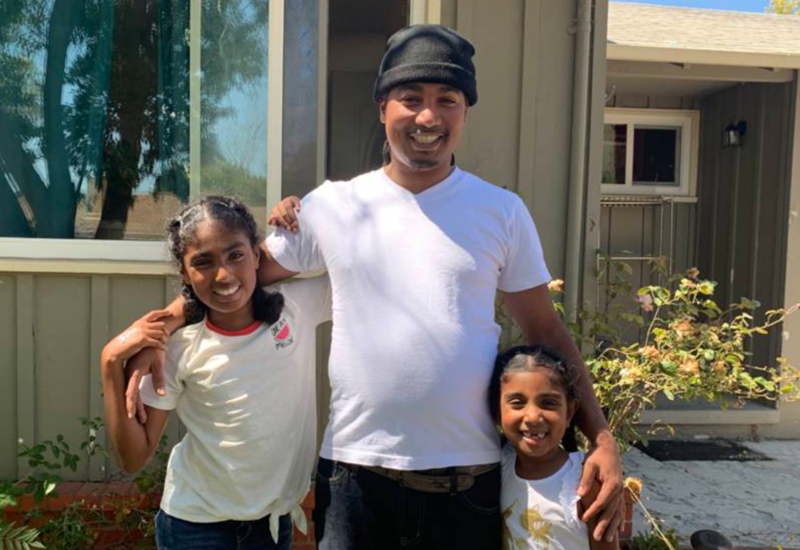If most of the child support payment goes to the government, “what’s the motivation to pay?” she asked.
“The studies show that if we can assure the parent who has to pay that the money is actually going to his children, the more likely he is to be willing to pay,” said Skinner.
As part of the Urban Institute study, a group of anti-poverty organizations helped to pay down the child care debt of 32 mothers and fathers. The study found that the debt relief made significant impacts on the lives of the parents who owed the money as well as their children, including:
- The parents consistently paid their monthly child support payments on time.
- The parents’ credit scores, housing status and overall financial situations improved, and they were more likely to be able to get a job.
- The parents’ relationships with their children and their co-parents improved.
That last benefit is as important as the financial gains, said Jamie Austin at Tipping Point Community, a non-profit that helped fund Urban Institute’s study. Austin said the research showed that many parents, both the ones paying and the ones who are supposed to receive child support, were unaware of how the system works.
“This is really tearing families apart psychologically,“ Austin said. “We heard stories of mothers and fathers avoiding each other, always arguing about money … because of these financial troubles that really had nothing to do with the family and everything to do with the government policy.”
Lam was one of the participants in the debt relief study, and he said the change was dramatic. He was able to lower his monthly payments to a more affordable amount — $560 a month.
The lack of debt and lower payments freed Lam up to spend money on his daughters when they are with him, which he said is nearly half of the time.
“I love my kids. They changed my life. They made me a better man … The hard earned money I do make, I want that to go toward my kids. I have no problem paying child support,” he said. “But it should be fair.”
Correction Aug. 20: The original version of this story said child support payments reimburse welfare and food stamp programs. In fact, parents’ payments do not pay back food stamps, but they do pay back Medi-Cal.

